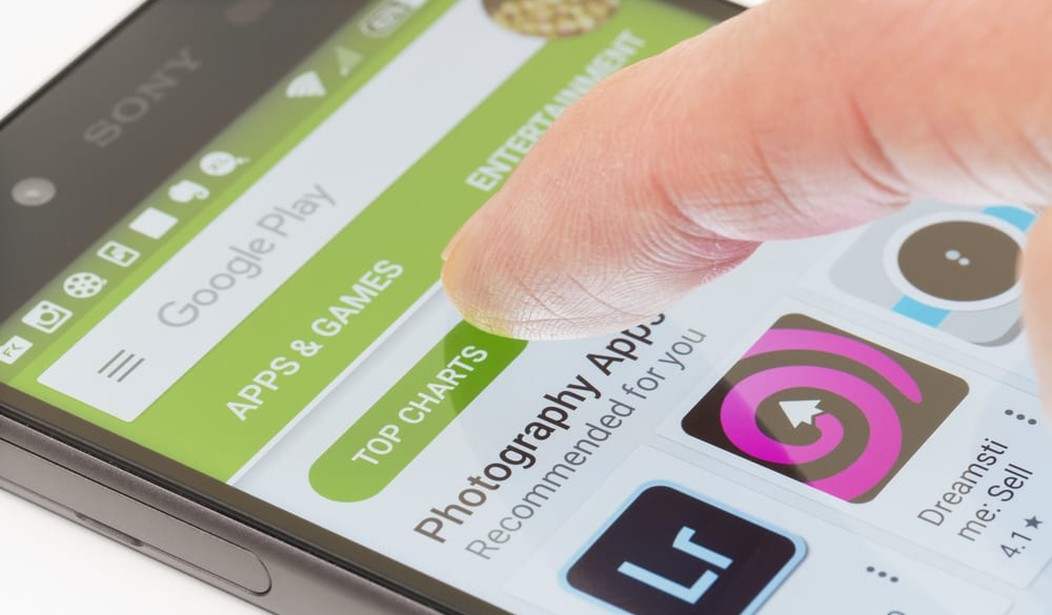With the huge number of choices for what we purchase, we’ve come to depend on reviews for making smart choices, whether it’s selecting an app, choosing a restaurant, or making a purchase. Reputable companies depend on good reviews as well, both to attract new customers and to react to legitimate issues. But, unfortunately, there are others intent on cheating the system and using fake reviews and ratings to promote their inferior products.
Google’s Play Store and Amazon have both recently taken steps to do something about this growing issue.
Google has announced that they are taking additional steps to protect their app store’s integrity:
Our teams work every day to improve the quality of our discovery systems. These content discovery systems ensure that users can find and download apps they will love. From time to time, we observe instances of developers attempting to manipulate the placement of their apps through illegitimate means like fraudulent installs, fake reviews, and incentivized ratings. These attempts not only violate the Google Play Developer Policy, but also harm our community of developers by hindering their chances of being discovered or recommended through our systems. Ultimately, they put the end users at risk of making wrong decisions based on inaccurate, unauthentic information.
Today we are rolling out improved detection and filtering systems to combat such manipulation attempts. If an install is conducted with the intention to manipulate an app’s placement on Google Play, our systems will detect and filter it. Furthermore, developers who continue to exhibit such behaviors could have their apps taken down from Google Play.
Google says that the shopping experience will not change, but through the use of special filtering and software tools, the rogue apps will be identified and eliminated.
In spite of this, you should still be cautious. Loading software onto your phone from an unknown source can introduce malware, spyware and other dangers. This is particularly true with apps that offer a convenient tool such as a flashlight, clock, or calculator, but is being used as a subterfuge to install spyware or tracking software to send you targeted ads. Never install software that asks permission to use information and parts of your phone that are unrelated to the app’s function, such as access to your camera, microphone, contacts, or calendar.
You can usually avoid the risks by only downloading apps from developers that have a track record of offering numerous apps that have been downloaded more than several hundred thousand times and have hundreds or thousands of good reviews. If you’re not sure, Google the name of the app and look for reviews from legitimate sources.
See next page to find out what Amazon is doing to combat this growing problem.
Amazon is also taking steps to weed out fake reviews. They’ve now barred those reviews where customers review a product in exchange for getting it free or at a discount. The only exception are reviews Amazon promotes through their Vine program, where they contact selected customers to review new products.
Fake reviews have been a problem from Amazon for years, and in the past year alone, they’ve gone after more than a thousand individuals and companies that offer to create fake reviews for pay.
If you have any doubt about the reviews of a product you are consider purchasing on Amazon, you can use a free service that uses artificial intelligence to examine the reviews and assign a score relating to how honest they are. Fakespot.com analyzes the language used by the reviewers, compares it with the reviewer’s other reviews, and assesses a score for that product from A to F. You simply paste the link to the product page into a text box, and in about 10 seconds it will give you the score. The site also has a list of products with the most honest and least honest reviews.









Join the conversation as a VIP Member